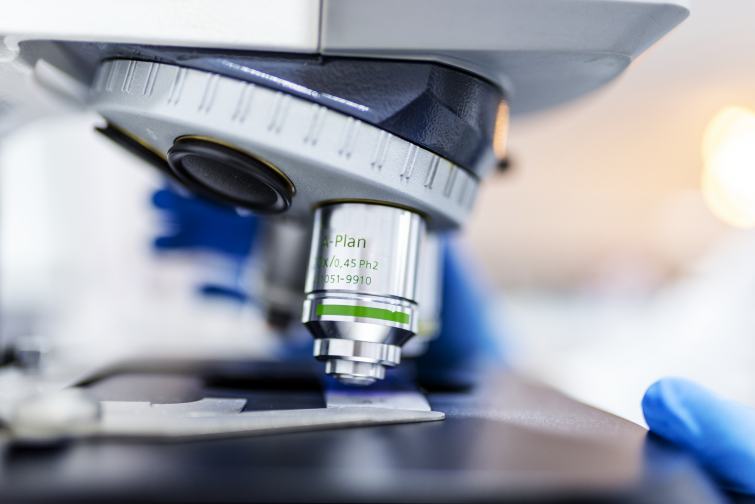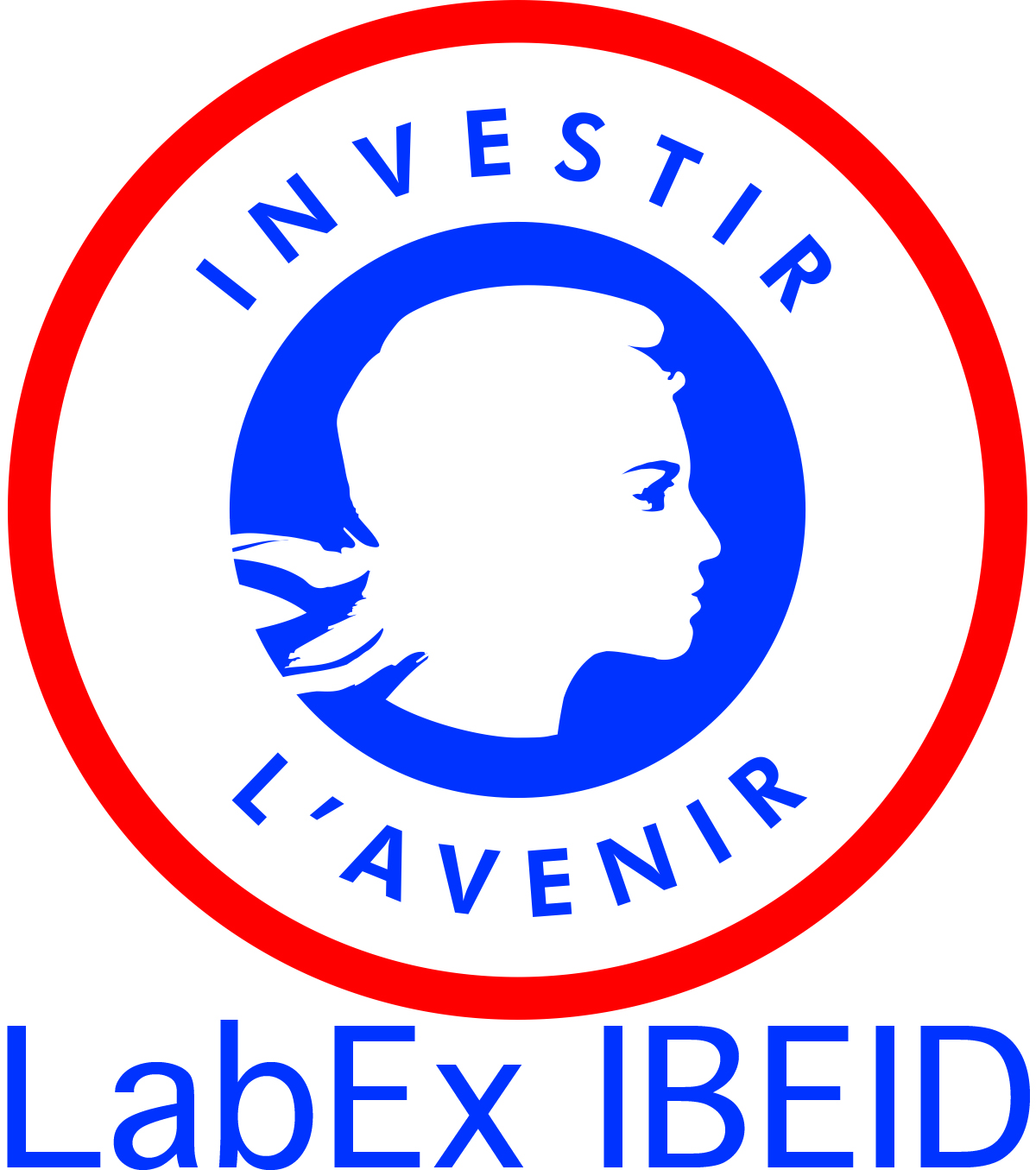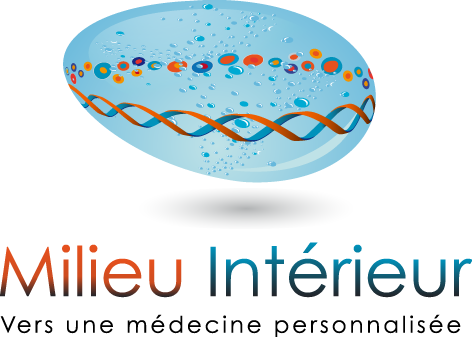
 labex
labex
Three Institut Pasteur LabEx extended for five years
Since 2011 and 2012, in connection with its Investing in the Future program, the French government has supported 240 "laboratories of excellence" (LabEx) composed of research teams with international visibility who have chosen to join forces with the aim of developing ambitious scientific projects, keeping pace with their foreign counterparts, pursuing an integrated policy for research, training and outreach, and also attracting high-level students and researchers.
Following a first "mid-term" review carried out in 2015 on the quality of the research conducted by these laboratories of excellence, in 2017 the government decided to conduct a thorough review of all LabEx and to offer a five-year extension to those that received a positive appraisal from an international panel. 114 LabEx were examined as part of this process.
After being evaluated by the panel, chaired by Sir Malcolm Grant, former Pro-Vice-Chancellor of the University of Cambridge, former Provost and President of University College London and former Chair of NHS England, 103 laboratories were given an extension, including the three coordinated by the Institut Pasteur since 2011. The scientific and technological results obtained by these 103 LabEx, as well as the impact of their activities on the scientific community, demonstrate just how important and worthwhile this outstanding government support is.
The three laboratories of excellence coordinated by the Institut Pasteur are:
 The IBEID LabEx, coordinated to date by Pascale Cossart and Philippe Sansonetti and soon by Philippe Bastin, Carla Saleh and Marco Vignuzzi, which is aiming to develop a structure to anticipate and tackle emerging infectious diseases. This LabEx includes 65 laboratories from six institutions involved in researching and tackling emerging infectious diseases: the Institut Pasteur, Inserm, human and animal health agencies (Santé publique France, ANSES), École Nationale Vétérinaire de Maison Alfort (National veterinary school) and Necker Hospital (Paris Public Hospital Network). This strong scientific coalition working on emerging infections is part of a network of institutions on the front line for monitoring, analyzing and controlling emerging infectious diseases.
The IBEID LabEx, coordinated to date by Pascale Cossart and Philippe Sansonetti and soon by Philippe Bastin, Carla Saleh and Marco Vignuzzi, which is aiming to develop a structure to anticipate and tackle emerging infectious diseases. This LabEx includes 65 laboratories from six institutions involved in researching and tackling emerging infectious diseases: the Institut Pasteur, Inserm, human and animal health agencies (Santé publique France, ANSES), École Nationale Vétérinaire de Maison Alfort (National veterinary school) and Necker Hospital (Paris Public Hospital Network). This strong scientific coalition working on emerging infections is part of a network of institutions on the front line for monitoring, analyzing and controlling emerging infectious diseases.
 The Revive LabEx, coordinated by Shahragim Tajbakhsh and François Schweisguth. The aim of this LabEx is to develop a consortium composed of leading academic and industrial partners to facilitate, structure and consolidate research on stem cells in France, from basic biology research to disease modeling and research on aging, ultimately paving the way for regenerative medicine. Since 2011 and to this day, 30 teams have worked for this LabEx, including 13 teams from the Institut Pasteur. For this new five-year term, the LabEx will comprise 29 teams, including 18 teams from the Institut Pasteur.
The Revive LabEx, coordinated by Shahragim Tajbakhsh and François Schweisguth. The aim of this LabEx is to develop a consortium composed of leading academic and industrial partners to facilitate, structure and consolidate research on stem cells in France, from basic biology research to disease modeling and research on aging, ultimately paving the way for regenerative medicine. Since 2011 and to this day, 30 teams have worked for this LabEx, including 13 teams from the Institut Pasteur. For this new five-year term, the LabEx will comprise 29 teams, including 18 teams from the Institut Pasteur.
 The Milieu Intérieur LabEx, coordinated by Lluis Quintana-Murci and Darragh Duffy. Its aim is to pinpoint the genetic, epigenetic, immunological and environmental factors that contribute to the heterogeneity of immune responses, so as to determine the parameters of a healthy immune system and its natural variability. Research findings will help identify disruptions to immune responses that explain susceptibility to disease or to the primary and secondary effects of treatments and vaccines in certain individuals, thereby enabling clinicians to adapt the treatment offered to each individual accordingly. This project will help turn the concept of personalized medicine into reality. For the extended term, the Milieu Intérieur LabEx will involve new partners such as the Institut Imagine, the Institut Roche, Karolinska Institutet and Trinity College Dublin.
The Milieu Intérieur LabEx, coordinated by Lluis Quintana-Murci and Darragh Duffy. Its aim is to pinpoint the genetic, epigenetic, immunological and environmental factors that contribute to the heterogeneity of immune responses, so as to determine the parameters of a healthy immune system and its natural variability. Research findings will help identify disruptions to immune responses that explain susceptibility to disease or to the primary and secondary effects of treatments and vaccines in certain individuals, thereby enabling clinicians to adapt the treatment offered to each individual accordingly. This project will help turn the concept of personalized medicine into reality. For the extended term, the Milieu Intérieur LabEx will involve new partners such as the Institut Imagine, the Institut Roche, Karolinska Institutet and Trinity College Dublin.
Find out more about Milieu Intérieur